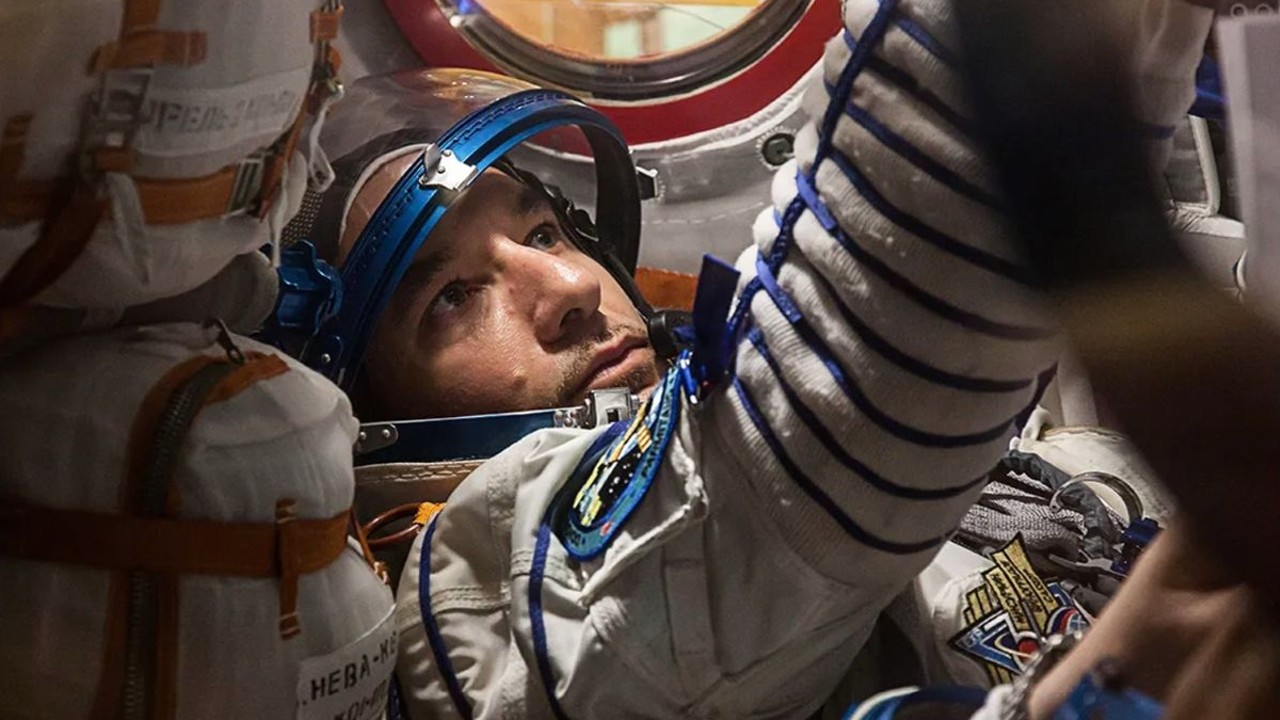Samsung’s Game Optimizing Service (GOS) is a system app on phones like the Galaxy S22 series that’s responsible for throttling app performance. GOS should ensure that resource-intensive games do not lead to overheating and performance problems. But Galaxy S22 users found the app to impact apps that aren’t resource-hogging games.
GOS on Galaxy S22 and other phones might slow down some 10,000 apps, as users recently discovered. Not on the list are benchmark apps. That is a form of cheating and it prompted Geekbench to remove the Galaxy S22 and other Samsung phones from its benchmark test.
Samsung has already acknowledged the app throttling problem, promising a fix. Meanwhile, a list of frequently asked questions surfaced.
Well-known Samsung insider Ice Universe posted the Galaxy S22 GOS FAQ answers on Twitter. The leaker has often voiced his concerns about Samsung phones, including the Galaxy S22 GOS throttling issues.
As you’ll see in the screenshots above, Samsung attempts to explain how GOS works. The company indicates that GOS should only throttle games, not regular Galaxy S22 apps. But Samsung also contradicts itself while addressing the list of 10,000 apps and the benchmark issue.
“GOS (Game Optimizing Service) is a service that monitors the state of the phone and provides the optimal state to prevent stuttering, excessive performance degradation, and power consumption when running game apps,” Samsung explains in the FAQ section.

Galaxy S22 GOS app throttling FAQ
The company immediately denies claims that GOS affects the performance of non-game apps on the Galaxy S22 and other phones. That’s where Samsung makes the following claim, where it mentions the list of 10,000 apps:
Some claim that a list of 10,000 apps comes out when the database in the GOS APK is extracted, but this list is for the purpose of quickly determining whether a newly installed app IS a game or not, and has nothing to do with GOS.
That’s a mind-boggling claim, as the list doesn’t include only game titles. Also unclear is how that list helps the phone determine whether an app is a game. After all, app stores contain millions of apps. In the case of the Android app store, there are nearly 3.5 million apps in Google Play.
Moving on, Samsung also addresses the Galaxy S22 GOS benchmark controversy. Here’s how it explains why GOS doesn’t slow down benchmark apps:
The benchmark tool is not a gaming app and is therefore not covered by GOS. Only in the case of game apps, there was a part where the temperature was set In a direction that does not increase excessively when using heavy games in consideration of specificity (high CPU/GPU usage) and sustained usability.
How does the Galaxy S22 know which apps are benchmark apps if it needs a list to figure out whether or not other apps are games?
When will the fix be released?
Elsewhere in the document, Samsung explains that performance will improve by about 10 frames per second in games once users are able to turn off GOS. Even then, the OS will continue to monitor the phone’s temperature to ensure user safety.
Samsung also explains it has been using GOS on phones predating the Galaxy S22. In fact, it’s been using the tool since 2016. But the release of One UI 4.0 made it impossible to circumvent GOS throttling. Samsung plans to reinstate the features that let users block GOS throttling on the Galaxy S22 and other phones. That’s the good news.
Now, for the bad news. It’s unclear when Samsung will release the software update that fixes GOS throttling on Galaxy S22 and other phones.
Note: This article have been indexed to our site. We do not claim legitimacy, ownership or copyright of any of the content above. To see the article at original source Click Here












